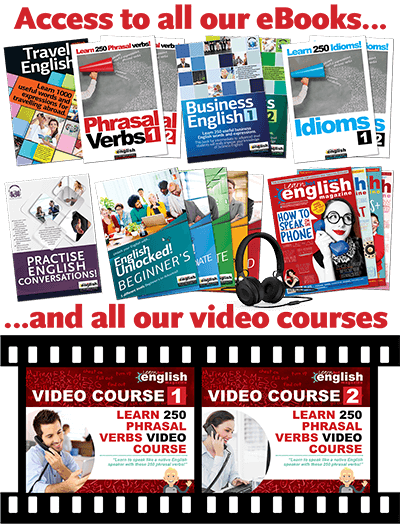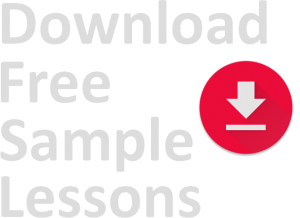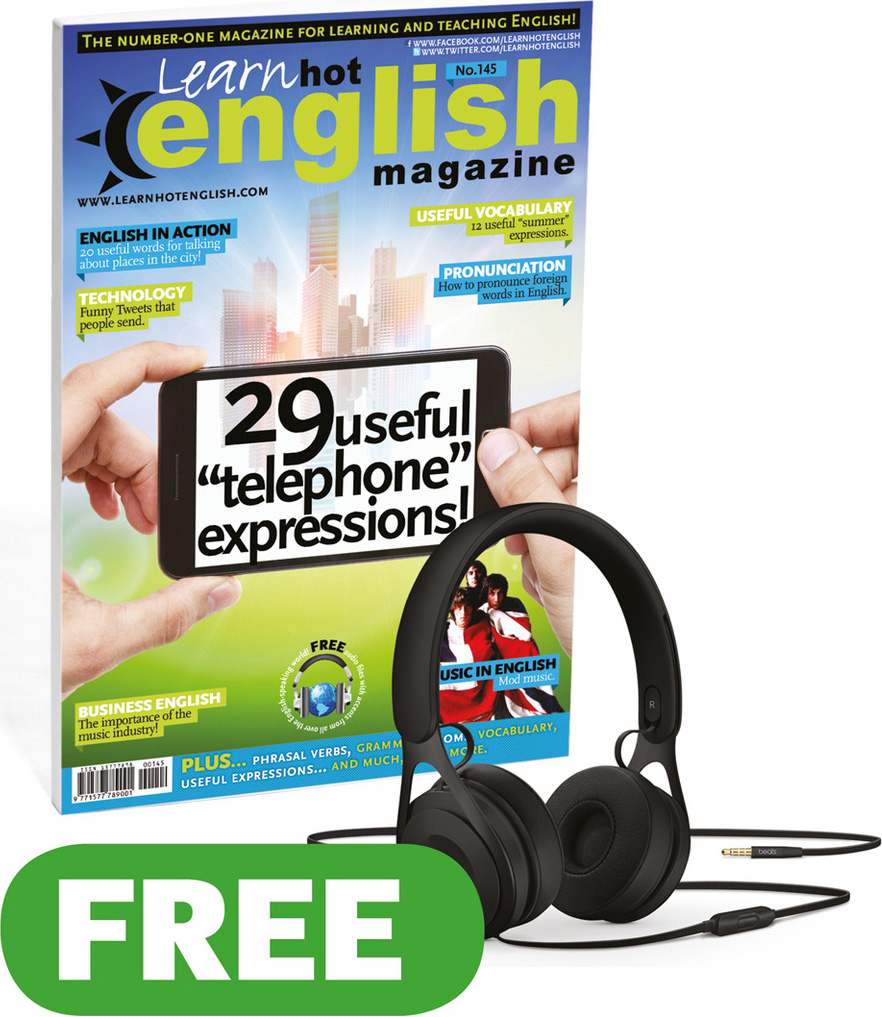How to understand English Speaking & Conversations easily!
Level: Intermediate to Advanced (B1-C1)

Native English conversations are never easy to follow. But this isn’t for the reasons you might think. In this lesson, we’ll show you how to understand English conversations easily.
The problem with many English conversations isn’t the words. In fact, when people are chatting, they use very basic language. If you read the script for any conversation, you’ll see this for yourself.
Studies have also shown that the average native English speaker only uses around 3,000 words when talking informally. And most of these words are very basic ones such as I, you, the, it, is, are, it, a, an…
So, why are conversations so hard to understand? Well, the thing is, when people are chatting, they don’t always speak in full sentences. In fact, they often just say single words or phrases. They also interrupt each other, pause, hesitate, repeat themselves, change the topic, and use sounds like er or erm while they’re thinking what to say. All of this can be very confusing for you, the language learner.
The other problem with conversations is that they’re often in noisy environments such as a bar, café or restaurant. This means that there’s usually music in the background, or the sounds of other people talking. All of this makes it even more difficult to understand and follow conversations.
To help you understand English conversations more easily, we’ll show you how they work by analysing a real one from a bar. By doing this, you’ll understand a lot about how conversations work, and then you’ll find them a lot easier to follow. Ready? OK, let’s go! 
Listening activity
Listening 1
You’re going to listen to a conversation in a bar. Americans Grace and Steph have just met up for a drink after work. Listen once and answer this question. What do they talk about towards the end of the conversation?
- a) their holidays b) food c) a party d) some mutual friends
Top tip!
It’s important to listen the first time without stopping. While doing this, you should try to understand as much as you can. Don’t worry if you don’t understand everything – just try to get the gist of what the speakers are saying (a general understanding of it).
It’s very important that you try to do this. It’ll really help with your listening skills. The best way to do this is to listen for any key words (nouns, verbs, adjectives) and then guess the meaning.
CLICK HERE BELOW TO LISTEN TO THE AUDIO FILE
Listening 2
Now, listen again and choose the correct answers. This time you can stop the recording and play it again as many times as you like. [answers below]
-
How did Steph come to the bar? a) by bus b) on foot
-
What’s the weather like? It’s… a) hot b) very cold
-
When is Grace’s birthday? Next… a) week b) month
-
What type of party does Steph suggest? a) a 1970s party b) a dinner party
-
What type of party do they decide to have in the end? a) a 1970s party b) a dinner party
-
What is Grace going to do tonight? a) go to the pub with some friends b) watch TV with a bottle of wine
Listening 3
Now listen to the audio and read the script (see below) at the same time. This is great for your listening skills! You’ll see that people mostly use very basic words when speaking. Also, see if you can notice any features of conversational English such as the use of short words or phrases, interruptions, unfinished sentences, repetition of words…
Audio script
Steph: Hi, sorry I’m late!
Grace: Ah, don’t worry – I just got here, yeah.
Steph: I always get caught up on Fridays, just can’t leave the office.
Grace: Yeah, did you come by bus?
Steph: No, I actually walked today.
Grace: You walked? That’s impressive, with all this heat.
Steph: Yeah but it’s, it’s a nice day and the bus was just taking too long to come.
Grace: Yeah well, it’s sweltering, but anyways, it’s good to see you.
Steph: You too.
Grace: Yeah, yeah.
Steph: Finally got together.
Grace: Yeah so…
Steph: Hey, your birthday’s next week.
Grace: Oh, you remembered.
Steph: Of course!
Grace: I didn’t want anyone to remember!
Steph: Oh, you have to celebrate.
Grace: Well, maybe I could have a party. What kind of party do you think I should have?
Steph: Maybe a dinner party?
Grace: Yeah. How about a retro party? What do you think?
Steph: Yeah!
Grace: Yeah, retro.
Steph: I think that’s great.
Grace: 70s or 80s, what do you think?
Steph: Let’s go 70s.
Grace: 70s, I like that – bell-bottoms, maybe low-riding pants – what did they call those? Hip – what is it – hip huggers?
Steph: Hipsters?
Grace: Yeah.
Steph: All those big sunglasses, they’re coming back in style!
Grace: Excellent. I really wish I would have saved all my mother’s clothes, yeah!
Steph: Yeah that’s great. OK, well, I’m gonna start gathering some clothes and… what are you doing tonight?
Grace: I think I’m gonna go home, buy a bottle of wine and watch some TV. I’m gonna turn into a couch potato.
Steph: Ah, there you go – nice and relaxing!
Glossary
-
Bell bottoms = trousers that are wide at the bottom
-
Low-riding pants = trousers that are very low on your body, and almost falling down. Americans say “pants” instead of trousers
-
A couch potato = someone who lies on the couch (of sofa) all day, watching TV or playing video games
Answers
Listening 1
Option c



